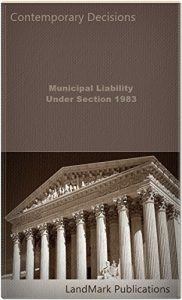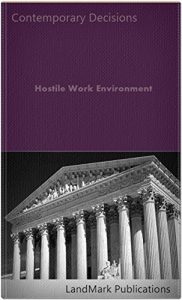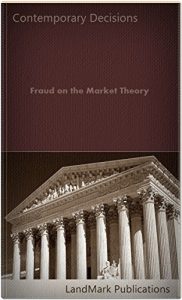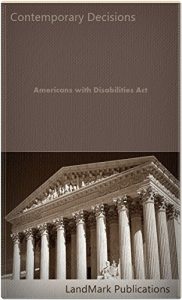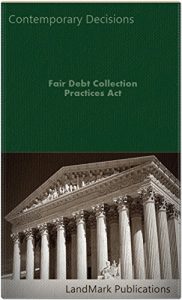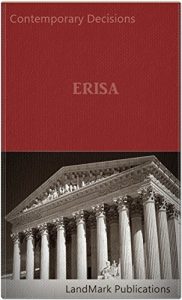THIS CASEBOOK contains a selection of 157 U. S. Court of Appeals decisions that analyze and discuss municipal liability under 42 USC Section 1983 pursuant to Monell v. Department of Social Services. The selection of decisions spans from 2007 to the date of publication.
In Monell v. Department of Social Services, 436 U.S. 658, 98 S.Ct. 2018, 56 L.Ed.2d 611 (1978), the Supreme Court held that a municipality may not be held liable for a § 1983 violation under a theory of respondeat superior for the actions of its subordinates. In order to establish municipal liability, a plaintiff must show that a "policy or custom" led to the plaintiff's injury. Id. at 694, 98 S.Ct. 2018. The Court has further required that the plaintiff demonstrate that the policy or custom of a municipality "reflects deliberate indifference to the constitutional rights of its inhabitants." City of Canton v. Harris, 489 U.S. 378, 392, 109 S.Ct. 1197, 103 L.Ed.2d 412 (1989). Castro v. County of Los Angeles, 833 F. 3d 1060 (9th Cir. 2016).
The Supreme Court has strongly suggested that the deliberate indifference standard for municipalities is always an objective inquiry. In City of Canton, which concerned a Fourteenth Amendment claim for failure to train, the Court held that a municipality was deliberately indifferent when "the need for more or different training is so obvious, and the inadequacy so likely to result in the violation of constitutional rights, that the policymakers of the city can reasonably be said to have been deliberately indifferent to the need." Id. at 390, 109 S.Ct. 1197. The Court articulated a standard permitting liability on a showing of notice: "Where a § 1983 plaintiff can establish that the facts available to city policymakers put them on actual or constructive notice that the particular omission is substantially certain to result in the violation of the constitutional rights of their citizens, the dictates of Monell are satisfied." Id. at 396, 109 S.Ct. 1197 (emphasis added). Castro v. County of Los Angeles, ibid.
In Monell v. Department of Social Services, 436 U.S. 658, 98 S.Ct. 2018, 56 L.Ed.2d 611 (1978), the Supreme Court held that a municipality may not be held liable for a § 1983 violation under a theory of respondeat superior for the actions of its subordinates. In order to establish municipal liability, a plaintiff must show that a "policy or custom" led to the plaintiff's injury. Id. at 694, 98 S.Ct. 2018. The Court has further required that the plaintiff demonstrate that the policy or custom of a municipality "reflects deliberate indifference to the constitutional rights of its inhabitants." City of Canton v. Harris, 489 U.S. 378, 392, 109 S.Ct. 1197, 103 L.Ed.2d 412 (1989). Castro v. County of Los Angeles, 833 F. 3d 1060 (9th Cir. 2016).
The Supreme Court has strongly suggested that the deliberate indifference standard for municipalities is always an objective inquiry. In City of Canton, which concerned a Fourteenth Amendment claim for failure to train, the Court held that a municipality was deliberately indifferent when "the need for more or different training is so obvious, and the inadequacy so likely to result in the violation of constitutional rights, that the policymakers of the city can reasonably be said to have been deliberately indifferent to the need." Id. at 390, 109 S.Ct. 1197. The Court articulated a standard permitting liability on a showing of notice: "Where a § 1983 plaintiff can establish that the facts available to city policymakers put them on actual or constructive notice that the particular omission is substantially certain to result in the violation of the constitutional rights of their citizens, the dictates of Monell are satisfied." Id. at 396, 109 S.Ct. 1197 (emphasis added). Castro v. County of Los Angeles, ibid.
